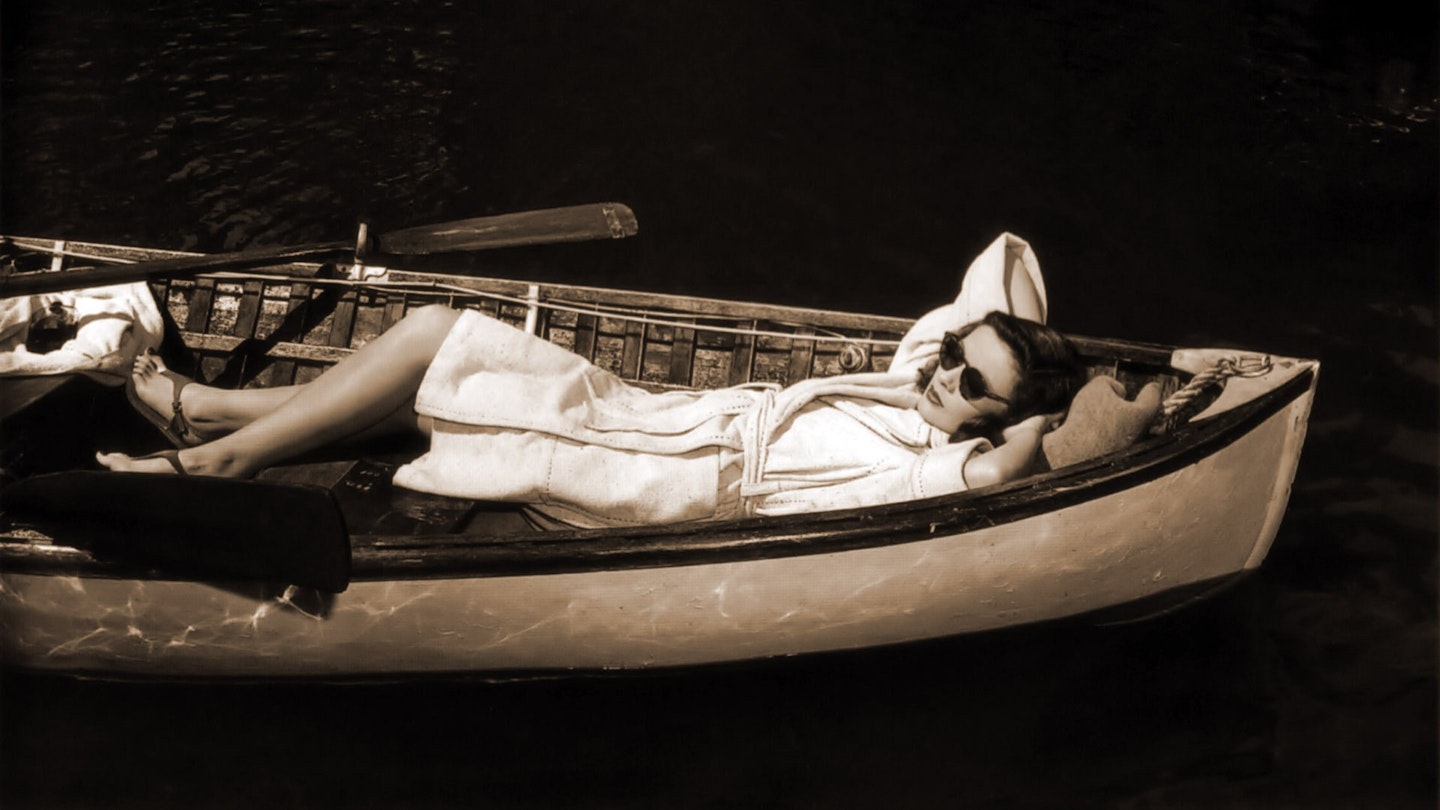One of the unsung masters of the Hollywood melodrama, John M. Stahl was best known for the woman's pictures Imitation of Life and Magnificent Obsession when he made this classy adaptation of Ben Ames Williams's dime dreadful. Indeed, either could have served as alternate titles for this simmering study of debased passion and it's intriguing to note the extent to which Leon Shamroy's Oscar-winning use of Technicolor was reflected in Russell Metty's stylised imagery for Douglas Sirk's respective 1959 and 1954 remakes of the aforementioned.
The fascination of this unashamed melodrama lies in Gene Tierney's ability to shift from charming to harming without losing her allure. Indeed, the more wicked she becomes, the more beautiful she seems and this trait recurred in her finest noir outings, Laura and Whirlpool. Ellen Berent is the epitome of a femme fatale, whose male dupe is the cause of her crimes rather than their hapless perpetrator. Thus, it's possible to claim Leave Her to Heaven as the prototype non-monochrome noir, with its glorious use of light, landscape and a lustrous palette even categorising it as the first film couleur.
But while Tierney provides the irresistible centre of attention, her charisma is very much shaped by Stahl's sublime direction. Three times, he sets up false plot trails around potential ménages (with Vincent Price, Darryl Hickman's crippled brother and Jeanne Crain's decent sister) before bringing the focus back to Tierney's fixations. Moreover, he always employs motion to emphasise the energy she invests in her schemes - whether it's meeting Cornell Wilde on a train, seducing him in a swimming pool, scattering her father's ashes while on horseback or hurling herself downstairs to terminate an inconvenient pregnancy. Indeed, the only time she's wholly still, as she sits in the rowing boat, movement is chillingly implied by her impassive response to Hickman's drowning.
As a psychological study, this is preposterously simplistic. But as an example of slick studio entertainment, it ranks amongst the most intelligent and influential.
